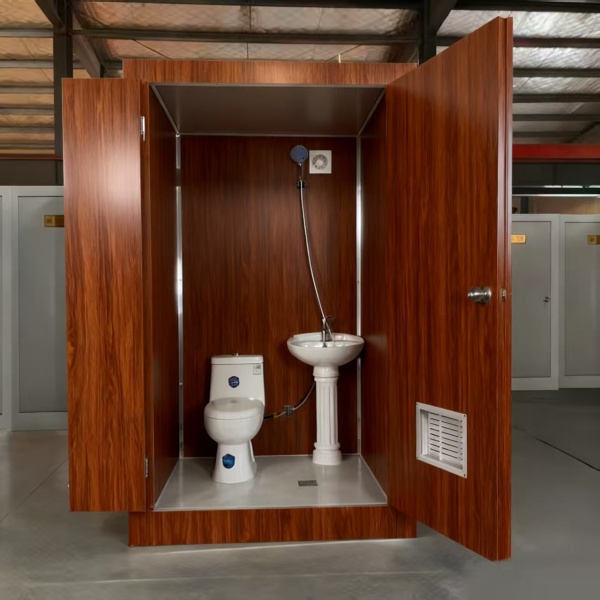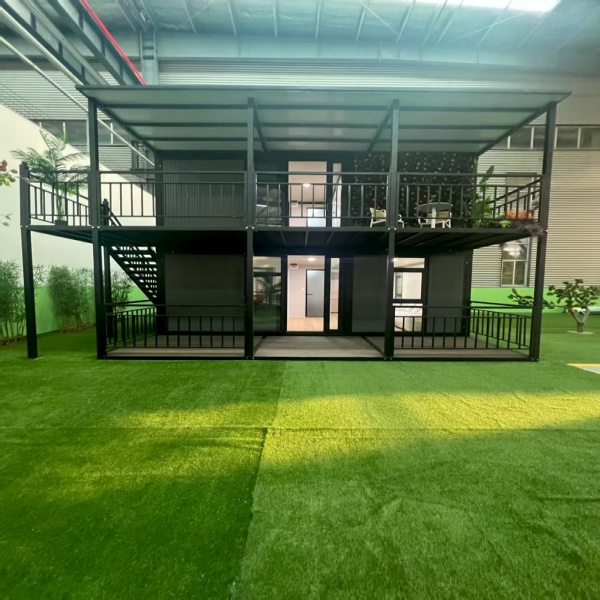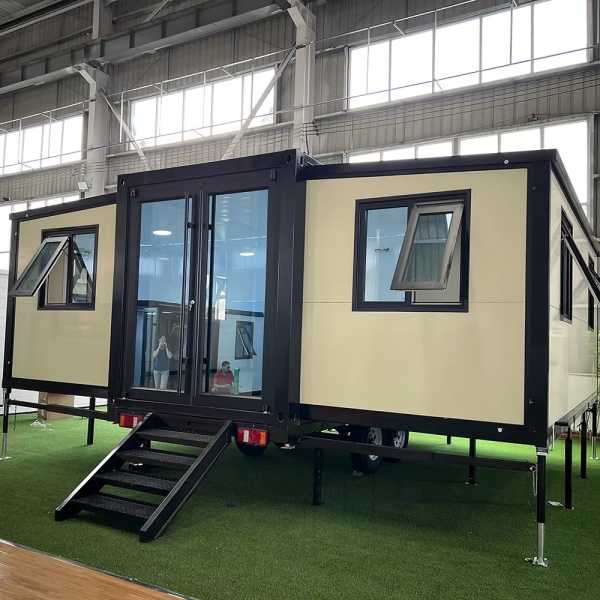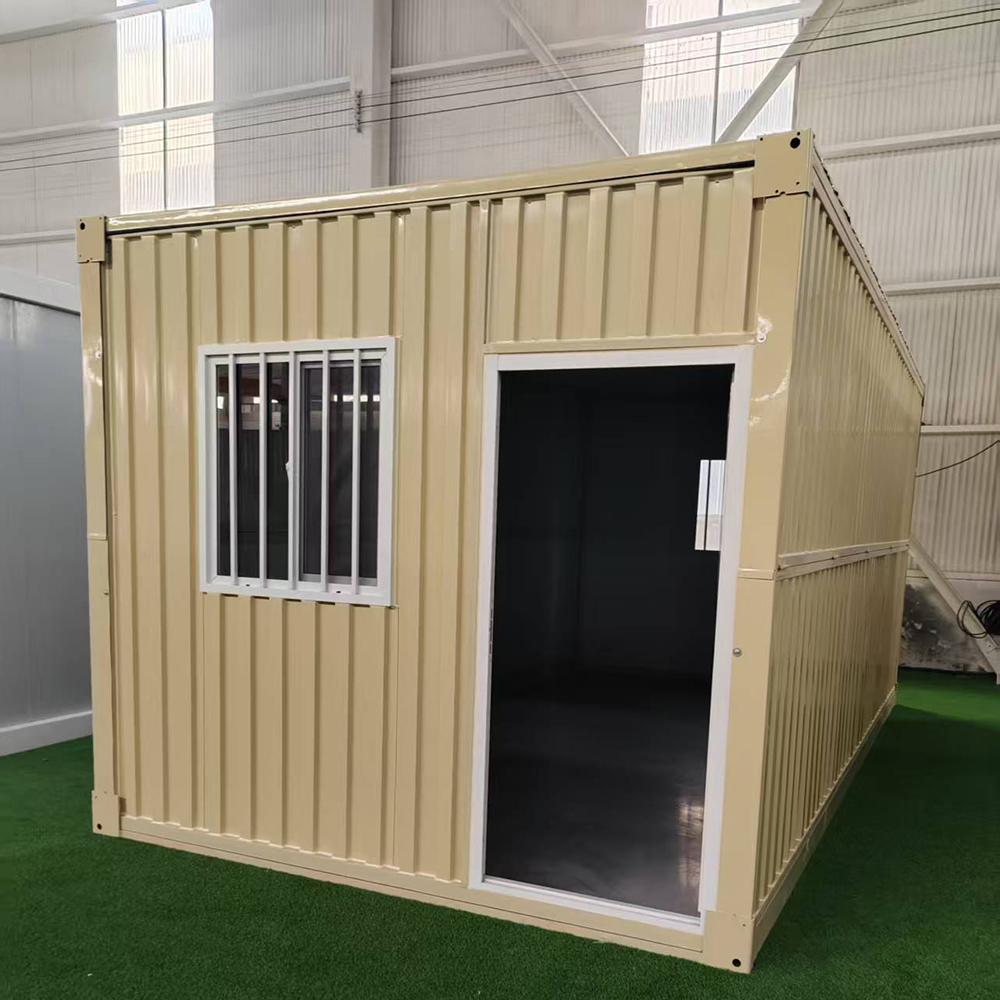-
E-mail
Austin120521@outlook.com -
E-mail
sales@jujiuhouse.com -
Telephone
+86-17864099991 -
Telephone
+86-17854044442
- Chinese
- French
- German
- Portuguese
- Spanish
- Russian
- Japanese
- Korean
- Arabic
- Irish
- Greek
- Turkish
- Italian
- Danish
- Romanian
- Indonesian
- Czech
- Afrikaans
- Swedish
- Polish
- Basque
- Catalan
- Esperanto
- Hindi
- Lao
- Albanian
- Amharic
- Armenian
- Azerbaijani
- Belarusian
- Bengali
- Bosnian
- Bulgarian
- Cebuano
- Chichewa
- Corsican
- Croatian
- Dutch
- Estonian
- Filipino
- Finnish
- Frisian
- Galician
- Georgian
- Gujarati
- Haitian
- Hausa
- Hawaiian
- Hebrew
- Hmong
- Hungarian
- Icelandic
- Igbo
- Javanese
- Kannada
- Kazakh
- Khmer
- Kurdish
- Kyrgyz
- Latin
- Latvian
- Lithuanian
- Luxembou..
- Macedonian
- Malagasy
- Malay
- Malayalam
- Maltese
- Maori
- Marathi
- Mongolian
- Burmese
- Nepali
- Norwegian
- Pashto
- Persian
- Punjabi
- Serbian
- Sesotho
- Sinhala
- Slovak
- Slovenian
- Somali
- Samoan
- Scots Gaelic
- Shona
- Sindhi
- Sundanese
- Swahili
- Tajik
- Tamil
- Telugu
- Thai
- Ukrainian
- Urdu
- Uzbek
- Vietnamese
- Welsh
- Xhosa
- Yiddish
- Yoruba
- Zulu
- Kinyarwanda
- Tatar
- Oriya
- Turkmen
- Uyghur

China fold out homes for sale
Exploring the Growing Trend of Fold Out Homes in China
Fold out homes in China represent an intriguing development in the housing market, with their appeal rooted in flexibility and cost efficiency. This emerging sector is gaining traction due to the country's rapid urbanization and the growing need for versatile housing solutions.
Understanding the Concept
At its core, a fold out home is a prefabricated structure designed to be easily transported and assembled. These homes can be unfolded and set up quickly, making them ideal for a range of applications—from disaster relief efforts to temporary lodgings on construction sites.
The practical benefits are evident. In my experience working with various housing projects, I've noticed how such structures reduce the time and labor typically involved in traditional construction. They also minimize waste, aligning with sustainable building practices sought after in modern urban planning.
However, it's essential to consider some common misconceptions. Many assume these homes lack durability or aesthetic appeal. But with advancements in design and materials, companies like Shandong Jujiu Integrated Housing Co., Ltd. are proving these assumptions wrong by offering robust and stylish solutions.
Industry Players and Innovations
Shandong Jujiu Integrated Housing Co., Ltd. stands out in this space. According to their site, www.jujiuhouse.com, they specialize in the design and production of various types of modular homes and structures. Their offerings reveal the potential for customization and innovation within this burgeoning market.
In one project I evaluated, they successfully implemented fold out homes to meet a client's unique site constraints and budget limitations. The solution not only fulfilled structural requirements but also incorporated energy-efficient systems to reduce operational costs.
It's fascinating to see how players like them are integrating advanced technologies in design and manufacturing processes, setting new standards for prefabricated housing.
Real-world Applications
The versatility of these homes is a game-changer. I've seen them used effectively in remote locations, where traditional construction would be logistically challenging. Their portability is not just a convenience; it's a necessity in areas like rural healthcare or educational facilities.
Additionally, post-disaster scenarios highlight their importance. Rapid deployment of housing solutions can significantly impact recovery efforts, providing security and stability to affected communities.
Recently, I witnessed their usage in urban settings as temporary exhibitions and pop-up retail spaces, showcasing their adaptability beyond conventional residential purposes.
Challenges and Considerations
Despite the advantages, there are challenges to consider. Regulatory compliance is a crucial factor. Each region has specific codes and standards for building, and successfully navigating this landscape requires expertise and patience.
Moreover, ensuring quality control across production sites can be complex. Companies must maintain stringent oversight to meet specifications and customer expectations consistently.
Finally, addressing the skepticism surrounding prefabricated homes requires ongoing education and demonstration of their capabilities and benefits.
The Future Outlook
The potential for fold out homes in China is vast, given the ongoing urbanization and housing demand. Innovations in materials and design will continue to drive growth in this sector.
In my discussions with industry experts, the consensus is that this market will evolve dynamically, responding to both technological advancements and societal needs.
Ultimately, as more developers recognize their value and deploy them in varied contexts, fold out homes could become a staple in China's architectural landscape, reshaping how we think about housing solutions.
Related products
Related products
Best selling products
Best selling products-
 Portable outdoor camping bathroom, mobile toilet, prefabricated modular villa & rental of outdoor and indoor showers
Portable outdoor camping bathroom, mobile toilet, prefabricated modular villa & rental of outdoor and indoor showers -
 Detachable Design Prefabricated Container House Portable Modular Office Building Folding Container House
Detachable Design Prefabricated Container House Portable Modular Office Building Folding Container House -
 Luxury foldable two-story container houses in luxury resort hotels and villa hotels
Luxury foldable two-story container houses in luxury resort hotels and villa hotels -
 Luxury Foldable Two Story Container House for Glamping Resort and Villa Hotel
Luxury Foldable Two Story Container House for Glamping Resort and Villa Hotel -
 Dual-Wing Folding Container House: Fast Assembly, Space-Saving & Multi-Scene Adaptable
Dual-Wing Folding Container House: Fast Assembly, Space-Saving & Multi-Scene Adaptable -
 Movable Prefabricated Container House Villas Modular Portable Homes 1 Bedroom Container House Offices Apartments
Movable Prefabricated Container House Villas Modular Portable Homes 1 Bedroom Container House Offices Apartments -
 Good Quality Modular Homes Prefabricated House Expandable Container House 20FT Mobile Flat Roof House
Good Quality Modular Homes Prefabricated House Expandable Container House 20FT Mobile Flat Roof House -
 Reasonable Price 1 Bedroom Modular Container House Folding Container Home for Villa or Apartment Use
Reasonable Price 1 Bedroom Modular Container House Folding Container Home for Villa or Apartment Use -
 Waterproof folding container house – mobile accommodation for campsites/scenic spots
Waterproof folding container house – mobile accommodation for campsites/scenic spots -
 Hot-selling foldable container houses, expandable prefabricated houses, suitable for office or living use, with fast delivery.
Hot-selling foldable container houses, expandable prefabricated houses, suitable for office or living use, with fast delivery. -
 Stair Access Double Wing Expandable Container House | Easy Installation Mobile Office
Stair Access Double Wing Expandable Container House | Easy Installation Mobile Office -
 Easy Install Customized Detachable Container Homes Extendable House Prefab 2 Floors Expandable Container House
Easy Install Customized Detachable Container Homes Extendable House Prefab 2 Floors Expandable Container House
Related search
Related search- portable fold out houses
- a folding house
- Buy prefab cabin container house
- space capsule hotel
- China alibaba expandable container house
- Buy expandable prefab house
- Buy apple ridge cabin broken bow ok
- expandable container house with ensuite
- luxury expandable house container house family home
- China expandable container house luxury









